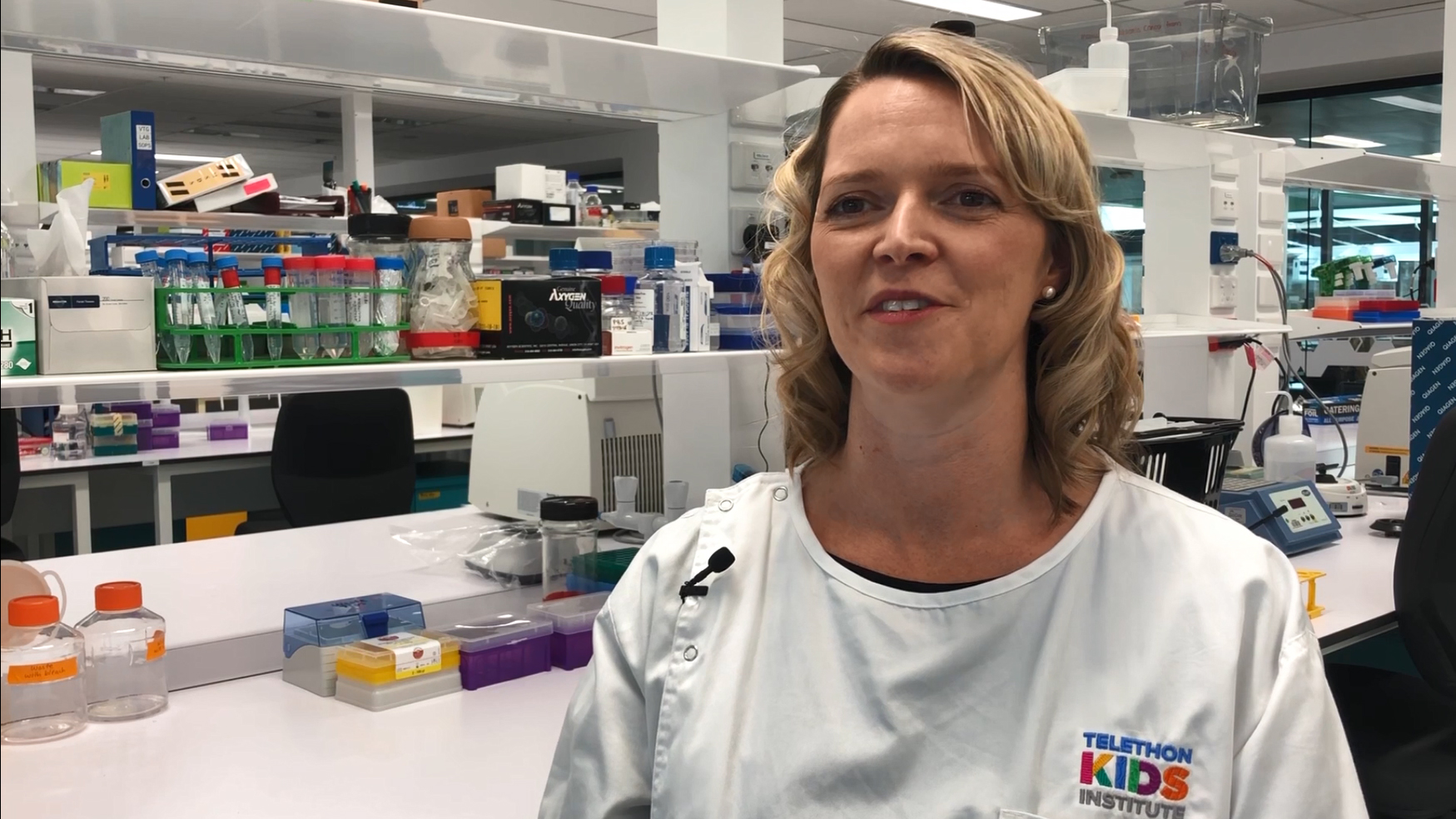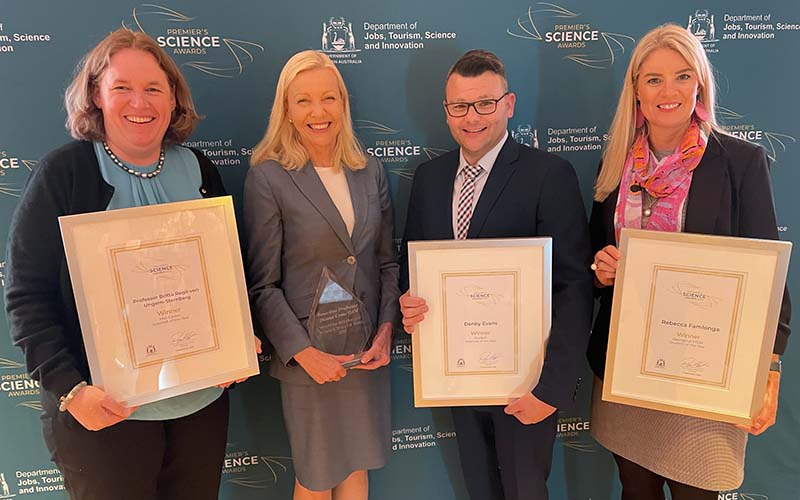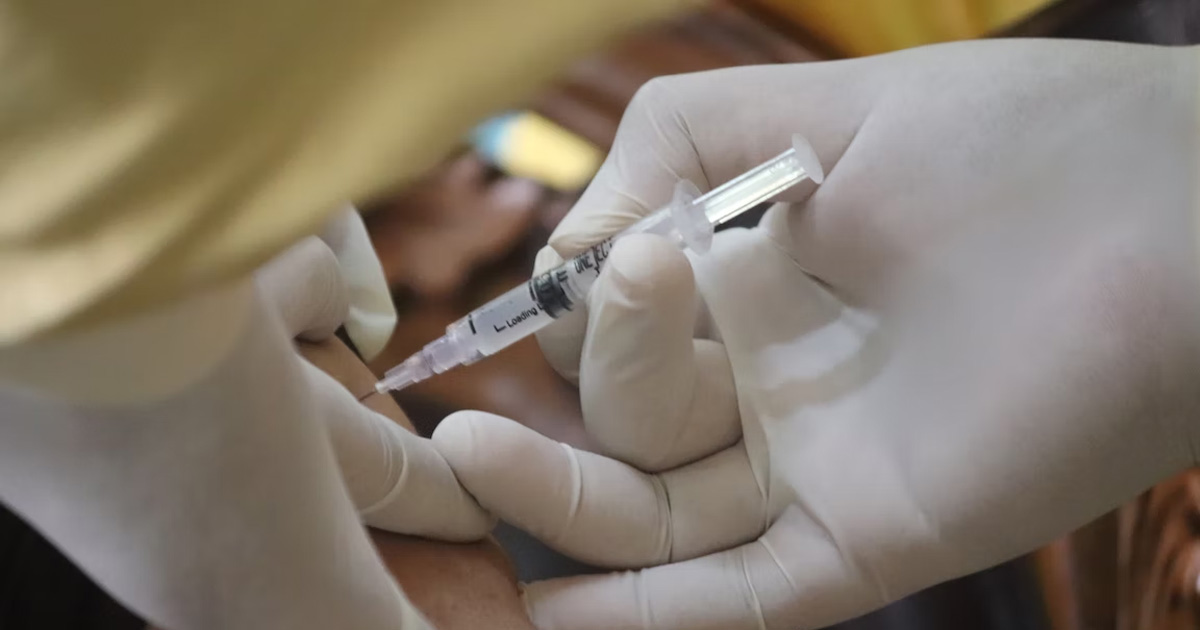Search

News & Events
Nationwide RSV program roll-out announcedMore than two decades of research, modelling and collaboration to develop safe and effective RSV immunisations has led to a major Federal Government roll-out of a respiratory syncytial virus (RSV) immunisation program for all pregnant women and newborn babies in 2025.

News & Events
Five researchers from The Kids awarded Early Career Child Health Researcher FellowshipsFive researchers from The Kids Research Institute Australia have been awarded three-year fellowships with the aim of keeping more WA-based PhD graduates involved in child health research.

News & Events
Landmark study halves skin infections in remote Aboriginal kidsLed by The Kids Research Institute Australia and Aboriginal health organisations in close partnership with nine Aboriginal communities in Western Australia’s Kimberley region, the five-year SToP Trial set out to identify the best possible methods to See, Treat and Prevent painful skin sores and scabies.

News & Events
Trial tests which COVID-19 booster combos ‘boost’ immunityMEDIA ENQUIRIES Discover. Prevent. Cure. Mailing list Media contacts About The Kids Be Inspired Please direct general enquiries to our reception on (

News & Events
Global study finds human air travel culprit for RSV variant spreadGlobal circulation of respiratory syncytial virus (RSV) is shaped by human air travel with travellers hosting new strains fuelling transmission across borders, an international The Kids Research Institute Australia study found.

News & Events
Nasal spray to prevent ear infections closer to fruition thanks to major grantA nasal spray that could potentially prevent childhood ear infections and reduce antibiotic use is a step closer to clinical trials thanks to a $500,000 CUREator grant.

News & Events
Infectious diseases advocate and child disability researcher named as finalists for national awardsCongratulations to prominent consumer advocate Catherine Hughes and The Kids Research Institute Australia honorary researcher Dr Noula Gibson, who have been named finalists in Research Australia’s 2023 Health and Medical Research Awards.

News & Events
The Kids Research Institute Australia researchers take out prestigious Premier’s Science AwardsThree outstanding researchers have won 2023 Premier’s Science Awards, with another inducted into the prestigious WA Science Hall of Fame.

News & Events
RSV rates skyrocket among Aboriginal babiesExperts are warning Aboriginal parents in Western Australia with newborn babies to be vigilant about Respiratory Syncytial Virus (RSV) as winter progresses.

News & Events
RSV vaccine for pregnant women provides protection for babies: studyA world-first study has found a new vaccine against potentially deadly respiratory syncytial virus (RSV) is safe and effective for use in pregnant women, to help protect their babies.
